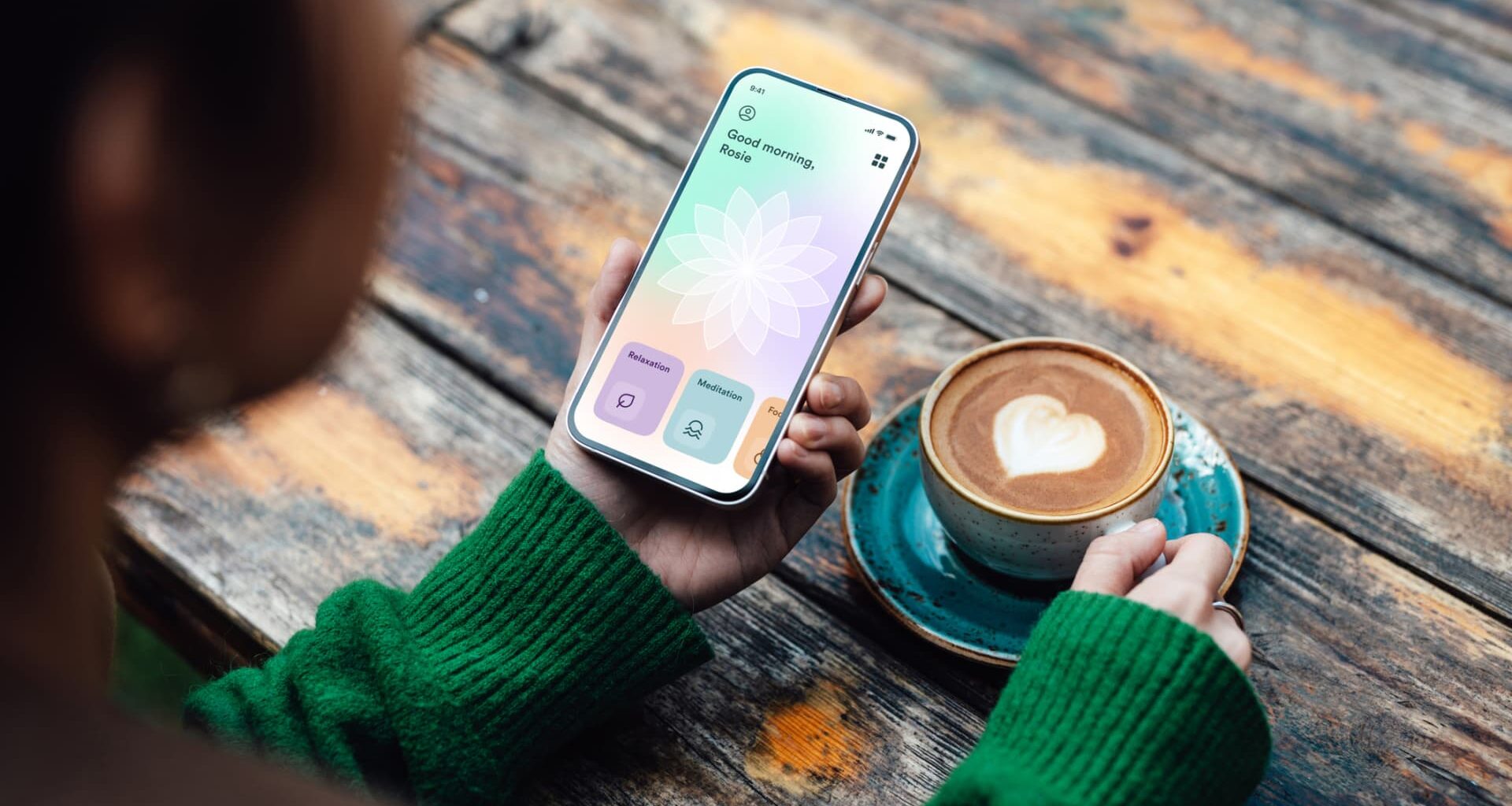There are many direct-to-consumer wellness apps out there: Meditation apps that guide you through mindfulness exercises and breath work or access to therapy right from your phone.
Millions of people use apps like these every single day. And their growing popularity could point to a generally positive user experience. But experts warn of a few problematic aspects of these platforms.
For one, many aren’t regulated. “They don’t have to prove that they work, they don’t have to prove that they’re safe,” Vaile Wright, a psychologist and senior director at the American Psychological Association said on an episode of podcast “Speaking of Psychology.”
Another problem with these apps, she said, is that they “don’t have to prove that they keep your data private.” For example, “you might not want your boss to know that you’re using an app to help you reduce your alcohol use,” she said.
If these tools aren’t FDA cleared, they’re not compliant with the Health Insurance Portability and Accountability Act, which protects sensitive health information. “There is no regulatory body or law that keeps your personal health information safe,” Wright said. That means they can’t guarantee that a data breach won’t happen. This, of course, is not specific to wellness apps.
Consumers need to be aware of what are the benefits and what are the potential risks.
These apps are also operating under a very specific business model that prioritizes their bottom line, she said. “But it’s a challenging space to [prioritize profit] and so sometimes what happens with that tension is they make bad choices.
In 2023, the federal trade commission issued a proposed order banning online therapy platform BetterHelp from sharing consumers’ data for advertising. The company was charged with sharing sensitive customer data with Facebook and Snapchat. BetterHelp was required to pay consumers $7.8 million, which it began sending out in 2024.
“It’s not that these apps can’t be helpful,” Wright said. “I think they really can be. It’s just consumers need to be aware of what are the benefits and what are the potential risks by using them.”
Here’s how to keep your information safe
Before deciding to use one of these apps, read the terms of service and privacy policy. It’s hard, Wright said, because you have to “get through it with all of the legalize.” But it will at least keep you somewhat informed of their practices.
You can also do your homework about the company at large.
“You have to go to the website and really look at who’s developing it,” Wright said. “Do they have experts on there? Advisory boards? What are they saying that the app is built on? Is it built on some known psychological principle like cognitive behavioral therapy?”
That kind of info can give you a sense of the company’s internal policies.
Ultimately, “you have to make your own informed decision about what you’re comfortable with,” she said. “It’s about entering into it as informed as you can be.”
Want to stand out, grow your network, and get more job opportunities? Sign up for Smarter by CNBC Make It’s new online course, How to Build a Standout Personal Brand: Online, In Person, and At Work. Learn from three expert instructors how to showcase your skills, build a stellar reputation, and create a digital presence that AI can’t replicate. Sign up today with coupon code EARLYBIRD for an introductory discount of 30% off the regular course price of $67 (plus tax). Offer valid July 22, 2025, through September 2, 2025.
Plus, sign up for CNBC Make It’s newsletter to get tips and tricks for success at work, with money and in life, and request to join our exclusive community on LinkedIn to connect with experts and peers.


